Gallup has just released its annual “Confidence in American Institutions” poll, which the company has conducted since 1973. This year’s results revealed that just 29 percent of Americans have confidence in our nation’s public schools.
That number has declined from 33 percent since 2008 and is down from 58 percent in 1973. But does our lack of confidence in public schools make us un-American?
Americans have always strived for the best. Our public schools are far from it. Across the country, just one-third of children are proficient in reading. In the urban centers, that number is tragically lower. In Chicago—where public school teachers, at the behest of the government unions, are set to strike in order to demand a 30 percent pay raise—just 15 percent of children are proficient in reading.
Americans by and large also believe that individuals are better equipped than government to innovate and produce greatness and that markets work to lift everyone’s standard of living. Our monopolistic public school system fails that test, too.
Because of pervasive assignment-by-zip code policies, students are “zoned” to their closet public schools regardless of whether they meets the students’ needs. As a result, public schools get a steady stream of students—and dollars—no matter how poorly they serve the public.
And those dollars are considerable. Per-pupil expenditures in government schools have more than doubled in the years since Gallup began surveying public institutions. Yet quality remains low.
So it’s no surprise that Americans increasingly seem to be looking to educational innovation outside the public school system as it sprouts up all over the country. Charter schools are now mainstream, state after state is implementing school choice options, and online learning is proliferating.
Parents know they have an increasing number of quality education options for their children that extend beyond the hallways of public schools. The lack of confidence in public schools does not mean we have lost faith in the importance of education to improve outcomes or economic mobility.
Instead, Gallup’s poll shows that Americans are increasingly gravitating toward Milton Friedman’s belief that public education doesn’t have to mean government-run schools.
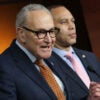





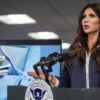




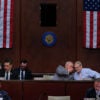
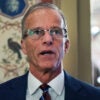
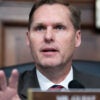
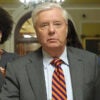


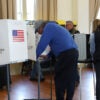
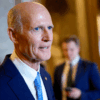












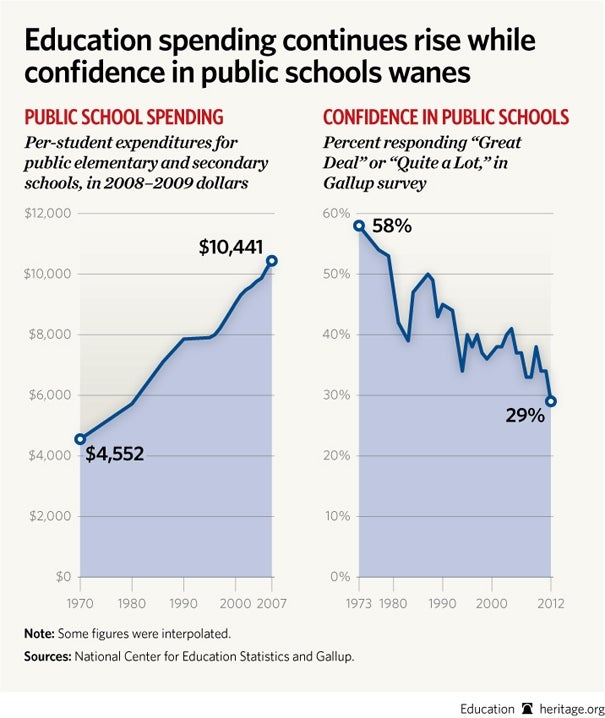
3 Replies to “Lack of Confidence in Public Schools at an All-Time High”